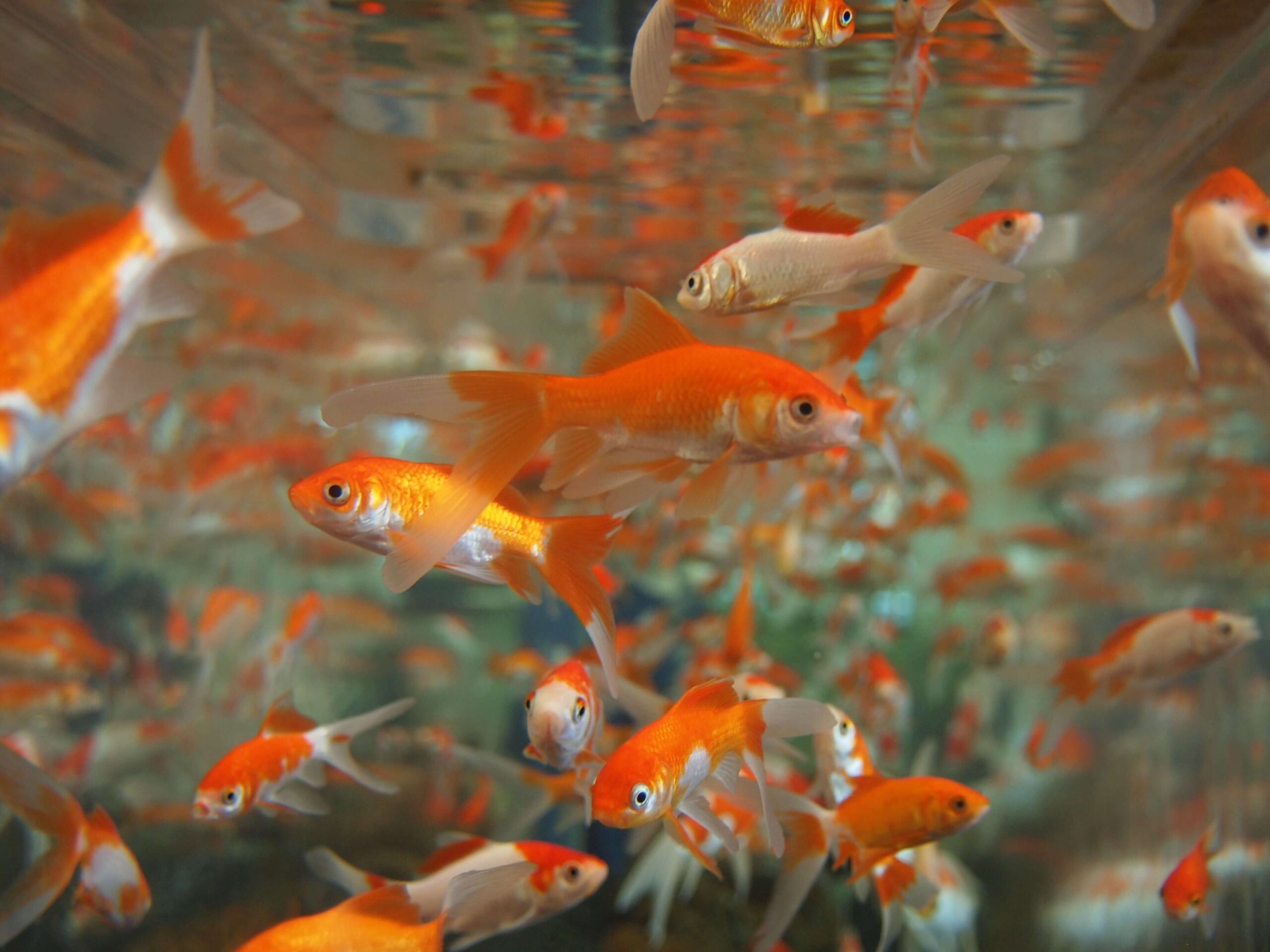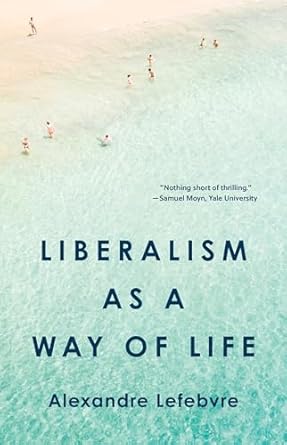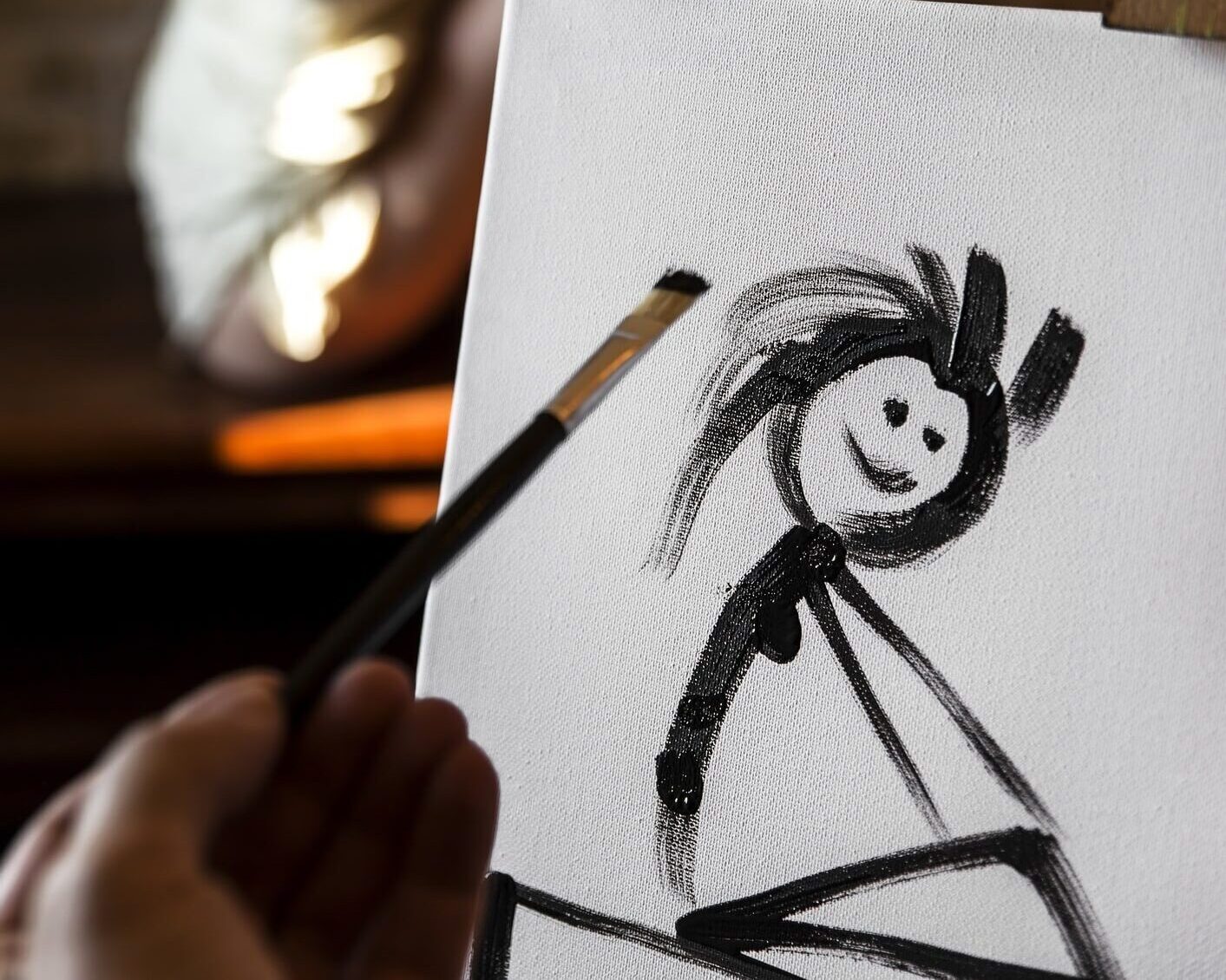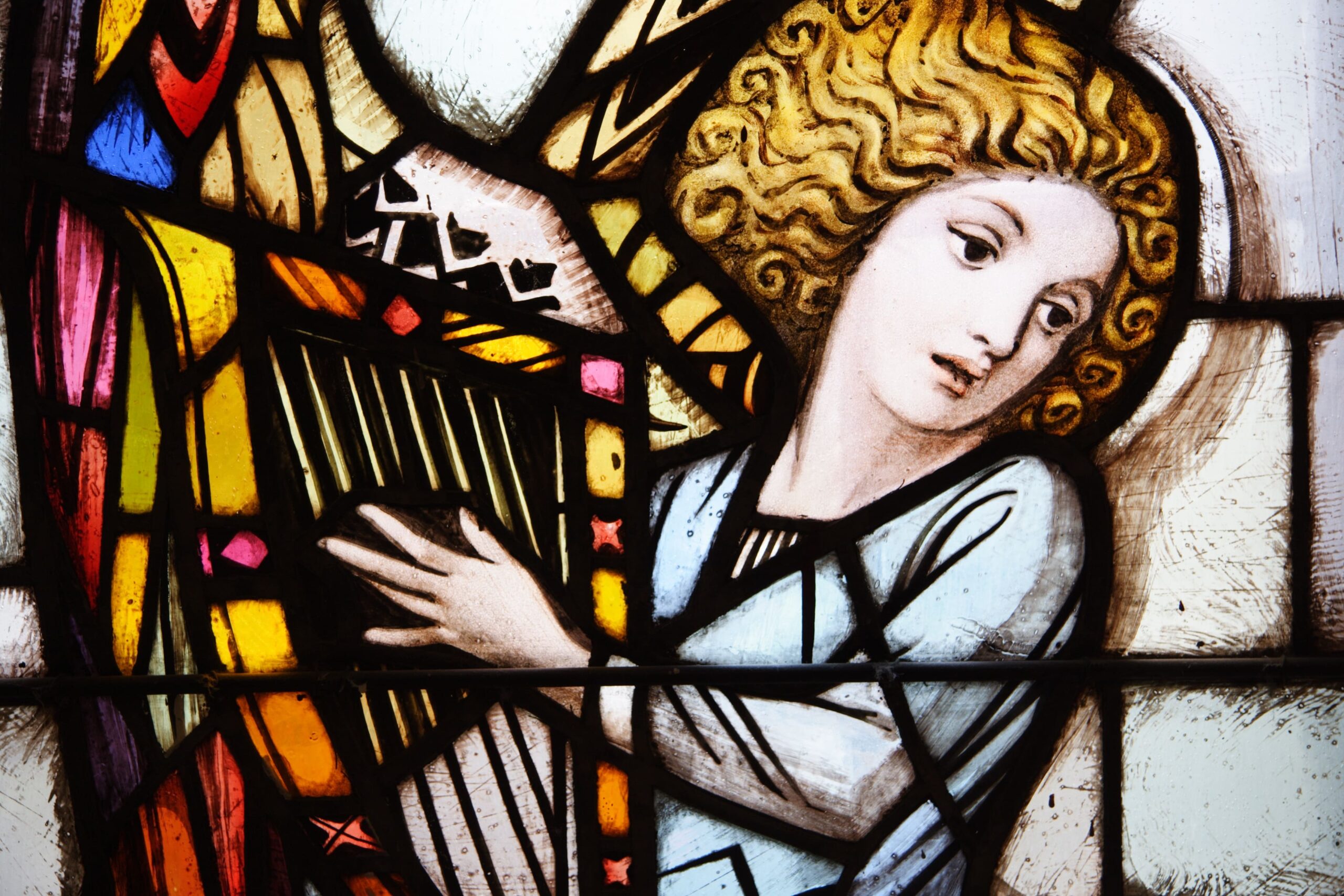Alexandre Lefebvre’s new book Liberalism as a Way of Life is both a philosophical exploration of the origins and nature of contemporary liberal “values” and a self-proclaimed self-help book for liberals. The book even ends with liberal “spiritual exercises” (his phrase) designed to help his readers cultivate liberal habits. Why? According to Lefebvre, liberalism is under attack worldwide, and liberals should do a better job of promoting their “creed.” But Lefebvre doesn’t defend liberalism by the more academic approach of returning to the natural rights teaching of John Locke or the political theory of Montesquieu. He is aware of each and references them on occasion, but he thinks they are largely outdated. In Lefebvre’s view, the better way to defend liberalism is by studying the way it permeates our lives.
At the heart of the book is a perplexing question: Where do liberals get their morals? Lefebvre argues that unlike a century ago, when the answer might have been more obvious—religion, institutions, political ideologies—today, in liberal democracies, the place of religion is diminishing. He notes the growing number of people who identify as having “no religion” and suggests that liberals often lack a clear source of their values. “In fact,” he writes, “people who tick the ‘no religion’ box on the census are the fastest-growing population of religious affiliation.” At this point, Lefebvre gently whispers to his “dear reader” to “put the book down for a moment . . . and ask yourself, ‘Where do I get my values from?’ . . . I am willing to bet that you had no good answer.”
Despite this general ignorance of liberalism’s foundations, Lefebvre argues, it does provide a moral and spiritual compass, albeit an unacknowledged one. He aims to show how liberal values like equality, self-respect, and so on foster a “society-or-civilizationsized thing” that influences not just political institutions but everyday practices such as friendship, work, humor, and outrage. Liberals cannot answer the question, “Where do you get your morals?” because they often fail to recognize the pervasive influence of their own political and cultural system. They are like the fish in David Foster Wallace’s story from his 2005 commencement address at Kenyon College, in which the fish are oblivious to the water they swim in. Lefebvre uses examples such as The Office and Beyoncé’s Lemonade to illustrate how liberal values of freedom, self-identity, and equality are reflected in the liberal media and popular culture fishbowl.
Lefebvre’s central intellectual framework is John Rawls’s political liberalism, which is based on the principle of political neutrality. In a pluralistic society, liberal democratic states must not favor one conception of the good life over another. Lefebvre agrees with this principle of neutrality, but he also criticizes liberals who assume that individuals in liberal societies hold independent conceptions of the good life outside of that framework. Indeed, according to Lefebvre, many individuals living in liberal democracies would be hard-pressed to articulate a conception of the good life separate from the tenets of liberalism. What this reveals, he says, is that liberalism is a comprehensive ethical and cultural way of life and not merely a set of institutions or abstract political theories.
The fact that Lefebvre admires Rawls’s theory does not mean that he accepts it uncritically. Instead, Liberalism as a Way of Life expands upon Rawls’s political liberalism, applying it to contemporary issues while acknowledging and attempting to improve upon its shortcomings. Rawls’s earlier work A Theory of Justice (1971) was too idealistic in its assumptions about social stability in pluralistic societies. In his later work Political Liberalism (1993), Rawls acknowledges as much and revises his theory by focusing on the need for stability based on shared principles of justice, which Lefebvre supports, although with reservations.
For Rawls and Lefebvre, political stability depends not on the imposition of a specific conception of the good life or coercive power but on citizens’ voluntary affirmation of shared principles of justice. Lefebvre highlights Rawls’s notion of a “sense of justice,” which is a strong, internal motivation to act according to the principles of justice. This sense of justice is not rooted in external rewards or punishments but in individuals’ self-conception as just persons. According to Lefebvre, this moral psychology is key to understanding the stability of liberal societies: “We desire to be just, and hopefully act justly, because we want to live up to a certain ideal (or self-conception) we have of ourselves as just people and citizens,” he writes, and violating justice would violate our view of ourselves.
To illustrate Rawls’s theory, Lefebvre uses the film Bird Box. In it, a mysterious force causes people who look outside to kill themselves. In response, societal rules are created that require people to stay inside or wear a blindfold when going outside. These commands, though initially enforced by an external threat, rely on individuals’ internal commitment to following the rules. The protagonist, for example, rejects the rules because “they are incompatible with who she takes herself to be,” Lefebvre writes. He argues that this illustrates Rawls’s theory: Individuals act justly because those actions align with their identity as just people, and they are motivated to follow principles of justice not out of fear of punishment but out of a desire to fulfill their moral ideals. Here is how Rawls puts it, as quoted by Lefebvre: “A certain ideal is embedded in the principles of justice, and the fulfillment of desires incompatible with these principles have no value at all.” What all of this means, Lefebvre says, is that we “can then count on others to do what is right in the knowledge that behaving unjustly would betray the sense they have of themselves.”
Lefebvre’s criticisms of Rawls center around the latter’s treatment of religion, and liberal societies’ ability to produce fully formed citizens. He describes Rawls’s liberalism as an outdated “ghost story” that cannot accommodate “the fact of moral and religious pluralism.” According to Lefebvre, political liberalism’s empirical shortcomings stem from its inability to understand liberal identity: “We who are liberal all the way down lack adequate models to understand how we came to be who we are.” To explain his critique, Lefebvre introduces a letter Judith Shklar once wrote to Rawls in which she respectfully highlights his failure to provide empirical evidence for his optimistic assumptions about liberalism. Lefebvre uses her insights to refine Rawls’s political philosophy. In the end, he is not so much a critic of Rawls as an admirer who wishes to “extend” Rawls into our times. It is as if Lefebvre taps his shoulder and says, “The missing empirical evidence for liberalism is all around you. It is the water we swim in, only most are unaware of it.” Lefebvre’s main argument for the continuing strength of liberalism, then, is simply its pervasiveness in our popular culture and ways of life in a liberal society. The argument seems to swim around in circles.
For instance, liberal values are partly the result of “the public culture and self-conception of citizens of mature liberal democracies,” Lefebvre says. And he goes further, arguing that liberal values “have spread to our background culture as well,” meaning that principles such as equality, dignity, and self-respect have become embedded in everyday life and popular culture. From our responses to swear words to edgy comedy (Dave Chappelle, for example) and even pornography, liberalism’s influence is widespread. He references Melissa Mohr’s book Holy Sh*t: A Brief History of Swearing to show how swear words “directly inform our liberal sensibility”: Our outrage at certain swear words reveals our liberal commitment to equality and self-respect. When Meryl Streep condemned Trump’s mockery of a reporter with a congenital condition at the Oscars in 2017, she illustrated liberalism’s rejection of cruelty. “Dating” preferences on apps like Tinder and Bumble reflect liberalism’s focus on merit and college education as important criteria for romantic hookups. In fact, “nothing in this shared culture of ours . . . would make the least bit of sense were we not already steeped in liberal notions.”
Liberalism is supported by an ecosystem of liberal political institutions and culture in which pervasive ethical and cultural norms form the “water” we swim in. The “water” of liberalism shapes the way we think, behave, and interact, influencing everything from our political beliefs to our everyday interactions. While he highlights a few tensions in Rawls’s thought and criticizes his political liberalism for its idealism and lack of empirical grounding, Lefebvre primarily builds on Rawls’s work to offer a more hip and up-to-date understanding of liberalism’s role in shaping society. Just how deep these waters are I leave for readers to decide.















